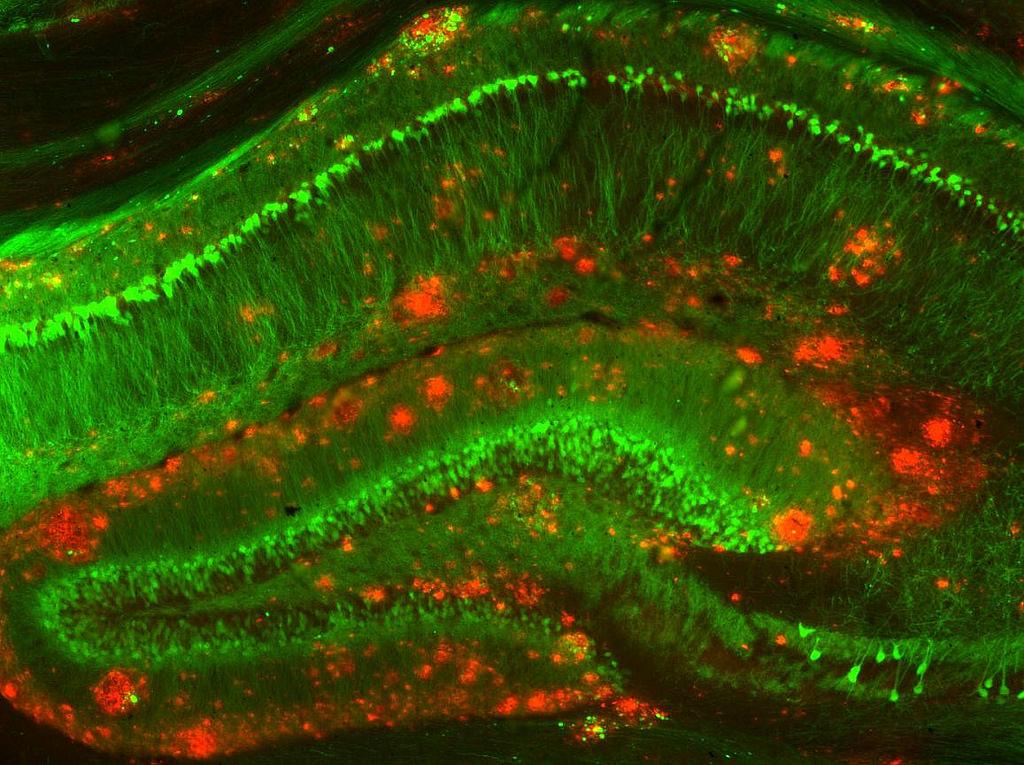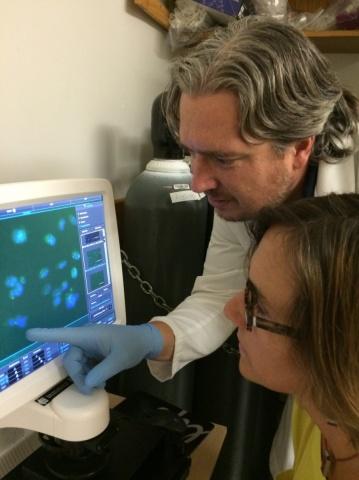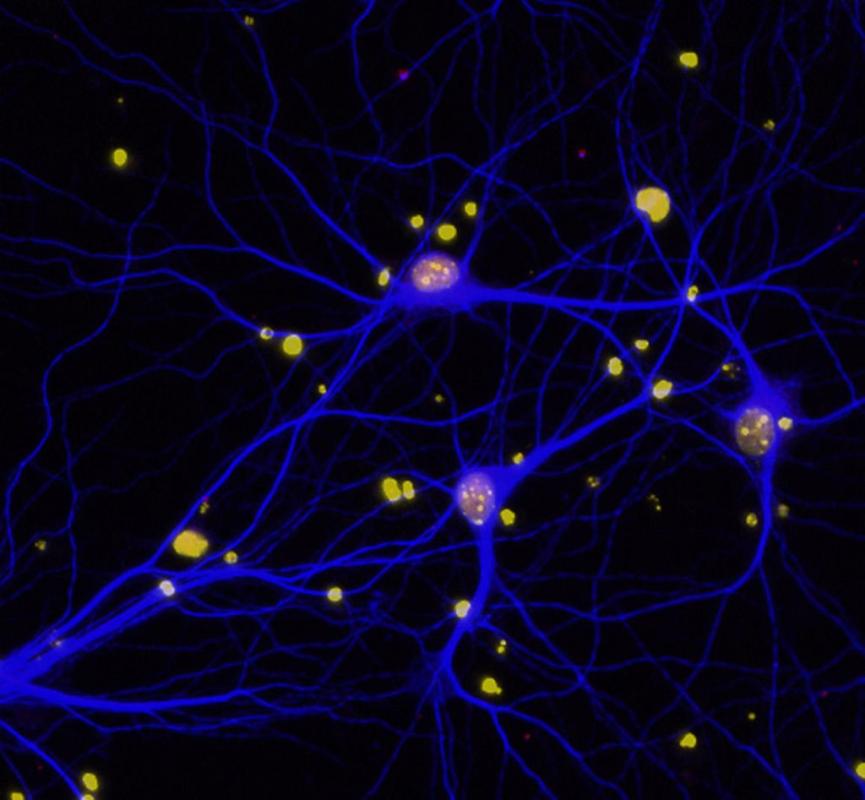Our Duke Parkinson's and Movement Disorders Newsletter provides free news, interviews, and resources for individuals with movement disorders and their care partners.
Sign up to receive the newsletter.
Duke-led teams awarded $18 million to study Parkinson's disease
Researchers at Duke University School of Medicine have been selected to lead two inter-institution team grants totaling $18 million to investigate Parkinson’s disease.
The awards from the Aligning Science Across Parkinson’s (ASAP) initiative position Duke as a national leader in understanding the origins and development of this devastating movement disorder.
Duke Neurology Research Round Up, October 2021
New research from the Duke Neurology Department provided insights into our ability to improve patient care and better understand neurological conditions. The 11 studies featuring our faculty, staff, and trainees published this September include the discovery of an HIV medication’s surprising potential to treat dystonia, an analysis of brain tumor patients admitted to intensive care, and a personal story of one faculty member’s grandfather, who lived through the ups and downs of a century of health care in the United States.
Hiding in plain sight: Established HIV medication may also help restore effects of dystonia
New research from Duke University has found that ritonavir, an FDA-approved medication currently used to treat HIV, corrects multiple brain abnormalities associated with a mouse model of a genetic form of dystonia. The study was published in the August issue of Science Translational Medicine.
Staff Spotlight: Tiffany Tran
As our Movement Disorders clinic’s newest clinical research coordinator, Tiffany Tran has what she sees as “the best of both worlds”: opportunities to interact with patients living with movement disorders as well as chances to learn more about clinical research through ongoing studies that are occurring at Duke.
Faculty Spotlight: Kathryn Moore, MD, MSc
Kathryn Moore’s interest in neurology goes back to at least the 6th grade, when she used an apple slice to explain the basics of brain anatomy to her friends. She majored in neuroscience at Duke University before attending UNC Chapel Hill for her medical degree and neurology residency. Now, she’s back at Duke as our newest movement disorders specialist.
Duke Neurology Research Round Up, September 2021
Members of the Duke Neurology Department contributed to seventeen peer-reviewed research studies published this August. Members of the lab of Nicole Calakos, MD, PhD, discovered that a medication created to treat patients with HIV may help people with dystonia. New translational research provided the most accurate atlas of the mouse model to date and answered questions about late-onset Alzheimer’s disease.
Duke Neurology Research Round Up, August 2021
This July, new research from the Duke Neurology Department answered questions about the subcellular origins of itching, how COVID-19 is affecting people with amyotrophic lateral sclerosis, what factors influence people eligible for epilepsy surgery to move forward with the procedure and topics. The paragraphs below summarize the 11 articles appearing in peer-reviewed publications from our faculty, staff, and trainees. Check them out and find links to the original publications below.
Neuromuscular Disease
Staff Spotlight: Matthew Tackitt
Thirteen years ago, Matthew Tackitt was working in the financial sector, when the 2008 global economic crisis and cross-country move got him thinking about a career change. He opted for nursing and has stuck with it ever since. This May, Tackitt joined the Movement Disorders clinic as their navigator for their Deep Brain Stimulator (DBS) Program.
Fellow Spotlight: Hui Zhang, MD
Hui Zhang, MD, first knew that she wanted to specialize in movement disorders during residency after she saw the dramatic improvement deep brain stimulation provided to a patient with dystonia. Now, she’s finishing her year as a fellow in our Division of Movement Disorders.
Duke plays key role in fracture prevention trial
A novel application of zoledronic acid, a bisphosphonate typically prescribed to prevent or treat osteoporosis, is being assessed in a large-scale trial for its potential to prevent fractures in senior patients with Parkinson’s Disease (PD).








